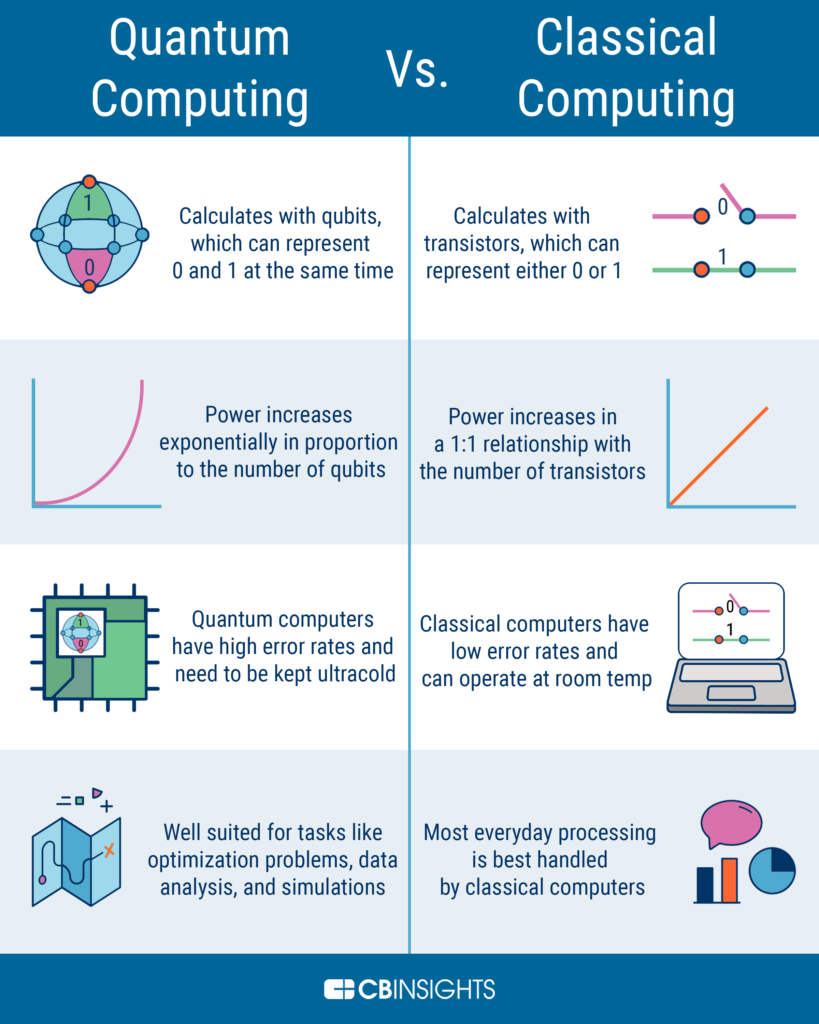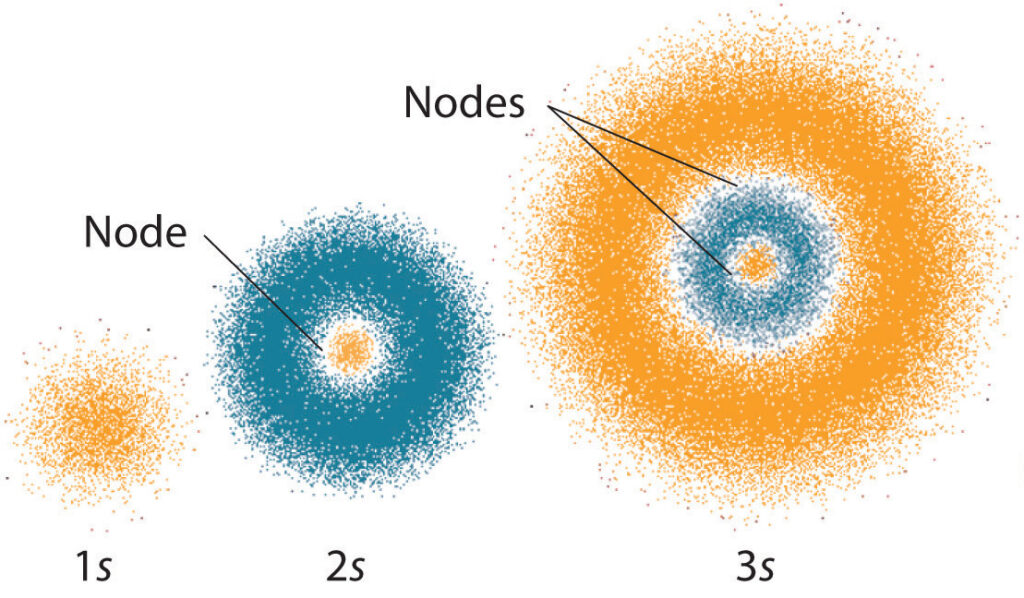As we continue to expand our understanding of the universe, the field of quantum computing has emerged as a promising avenue for unlocking previously unsolvable problems. Quantum algorithms form the backbone of this exciting new field, providing the instructions necessary to harness the power of quantum computing. But what exactly is a quantum algorithm, and how does it differ from traditional computing methods?
At its core, a quantum algorithm is a set of instructions that defines how a quantum computer should manipulate quantum bits, or qubits, to solve a specific problem. Unlike classical computers, which use binary digits, or bits, to represent information, quantum computers use qubits, which can exist in multiple states simultaneously. This allows quantum computers to process vast amounts of data in parallel and solve complex problems that would be impossible for classical computers to tackle. In this article, we’ll explore the basics of quantum algorithms and how they are revolutionizing computing as we know it.

What is a Quantum Algorithm?
A quantum algorithm is a type of algorithm that uses quantum mechanical principles to solve problems. Quantum algorithms are designed to take advantage of the properties of quantum mechanics, such as entanglement and superposition, to solve computational problems faster than traditional algorithms. Quantum algorithms have the potential to revolutionize computing, and they have already been used to solve problems that are intractable with traditional algorithms.
Quantum Computing Basics
Quantum computing is based on quantum mechanics, which is the study of how particles interact with each other. In quantum computing, a quantum bit (qubit) is used to store and process information, as opposed to the traditional bits used in classical computing. A qubit can exist in multiple states simultaneously, which allows it to store and process more information than a traditional bit. This means that quantum computers can work much faster than traditional computers, and can solve problems that are intractable with traditional algorithms.
Quantum algorithms are designed to take advantage of the properties of quantum computing, such as entanglement and superposition. Entanglement is when two qubits are linked, so that manipulating one of them affects the other. Superposition is when a qubit is in multiple states at the same time. These properties allow quantum algorithms to solve problems much faster than traditional algorithms.
Applications of Quantum Algorithms
Quantum algorithms have been used to solve problems that are intractable with traditional algorithms. These include problems related to optimization, machine learning, cryptography, and drug discovery. Quantum algorithms have also been used to simulate complex physical systems, such as molecules, materials, and even black holes.
Quantum algorithms have the potential to revolutionize computing, and researchers are working to develop new algorithms that can take advantage of the properties of quantum computing. These algorithms will enable faster and more powerful computing, and will open up new possibilities for solving complex problems.
Frequently Asked Questions
Quantum algorithms are algorithms that are designed to run on a quantum computer. They exploit the principles of quantum mechanics to provide an exponential speedup over classical algorithms.
What is a quantum algorithm?
A quantum algorithm is an algorithm designed to run on a quantum computer. They exploit the principles of quantum mechanics to solve problems that are too hard for classical algorithms. Quantum algorithms can provide an exponential speedup over classical algorithms, meaning that they can solve certain problems much faster than their classical counterparts. This speedup can be used to solve many difficult problems, from factoring large numbers to simulating complex quantum systems.
What are the advantages of quantum algorithms?
Quantum algorithms have several advantages over classical algorithms. The most significant advantage is their ability to provide an exponential speedup over classical algorithms. This allows quantum algorithms to solve certain problems much faster than their classical counterparts. Additionally, quantum algorithms can provide solutions to problems that are intractable for classical algorithms. Finally, quantum algorithms are more efficient in terms of energy consumption than their classical counterparts.
What types of problems can quantum algorithms solve?
Quantum algorithms can be used to solve a wide variety of problems. Some examples include factoring large numbers, simulating quantum systems, and solving optimization problems. Additionally, quantum algorithms can be used to solve problems that are intractable for classical algorithms, such as the traveling salesman problem.
What is the difference between a quantum computer and a classical computer?
The main difference between a quantum computer and a classical computer is the way in which they process information. Classical computers use bits to store and process information, while quantum computers use qubits. This allows quantum computers to take advantage of the principles of quantum mechanics, such as superposition and entanglement, which can provide an exponential speedup over classical computers.
Is quantum computing secure?
Yes, quantum computing is secure. Quantum computers rely on the principles of quantum mechanics, which are fundamentally secure. This means that it is impossible to eavesdrop on a quantum communication without being detected. Additionally, quantum computing can be used to create powerful encryption algorithms that are resistant to attack.
In conclusion, quantum algorithms are a fascinating and promising field of study that has the potential to revolutionize the way we approach computing problems. With their ability to leverage the unique properties of quantum mechanics, these algorithms can solve certain problems exponentially faster than classical algorithms. This opens up a whole new world of possibilities in fields such as cryptography, optimization, and machine learning.
As research in quantum computing continues to advance, the development and implementation of quantum algorithms will become increasingly important. While there is still much to be discovered and explored in this field, the potential benefits are immense. With their ability to solve complex problems at speeds beyond what was previously thought possible, quantum algorithms are sure to play a significant role in shaping the future of computing.




